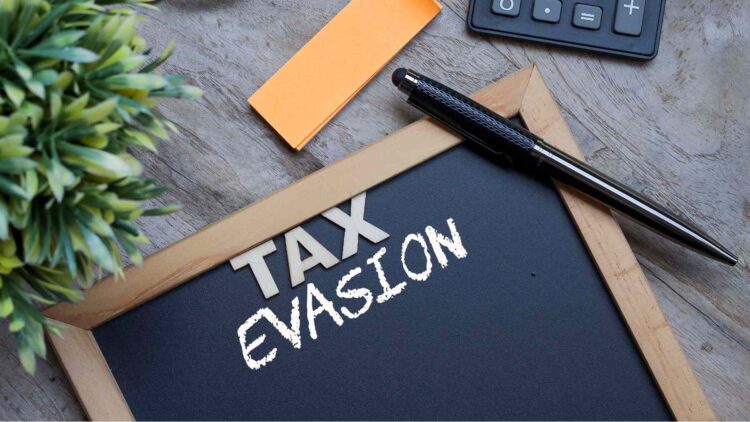Tax evasion is a very serious crime, and while most people that partake in it are trying to defraud millions, there are many everyday transactions from regular people that go undeclared and also qualify. Now, we are not saying this to alarm you, most people do not willingly commit crimes, but one of the easiest ways to knowingly or not commit tax fraud is to pay in cash without declaring it to the government, and now the Internal Revenue Service (IRS) is cracking down on those who try to skirt the rules by using cash.
The problem is not usually with making cash payments, after all you have a job, earn money, withdraw your cash from an ATM and use it. That is perfectly legal and tracked. The problem comes when the person that is receiving a cash payment fails to declare it to the IRS as earned income, as it then becomes tax fraud.
Something many people may not realize is that the IRS has a fairly good idea of what everyone earns based on their tax returns, income statements filed under a citizen’s Social Security Number (like W-2s and 1099s), and data from third parties, so tracking their financial situation is really not that hard for the agency. A few ways they use to track earnings without alerting the person are:
- If a citizen’s bank account earns more than $10 in interest, the bank files Form 1099-INT with the IRS.
- Investment income gets reported via Forms 1099-DIV or 1099-B.
- Payments processed through platforms like PayPal or Square are often reported using Form 1099-K.
- IRAs and retirement contributions can be seen through Form 5498.
What this means is that every year, come tax season, the IRS will match up records and any discrepancies will raise a flag for tax evasion.
Will the IRS look deeper into any suspect account?
Well, yes and no. There are periodic audits that are random, but the agency usually discovers these instances of fraud when a citizen owes back taxes or has behavior that triggers alarms like suspicious or unexplained deposits in the form of cash. If this happens, you might be asked to provide detailed bank statements or financial records and you will be investigated in search of accounts unlisted in your tax returns and asked to provide evidence for the provenance of the cash deposits.
In this case (and many others) cooperating with the process is the best strategy, as the IRS can get any records without cooperation, but it is faster and less painful to just submit to the audit and deal with the consequences, only fighting them if you are truly sure that you have not committed fraud or tax evasion.
The best way to avoid any troubles is to avoid under the table deals and make any large transactions using traceable methods like credit cards. If a professional asks to be paid in cash for a lower price, that is a red flag and you should not acquiesce to this request, as it is fraud and you can be prosecuted as well if they are audited. Gray areas like babysitting or tutoring do not raise as many red flags, but if the amounts are large enough they could also trigger investigations.
Since tax evasion has become such a problem, many have advocated for the monitoring of bank accounts that have over $600. When this sparked outrage, the threshold was set at $10,000 or more which seemed more suitable for the crime. But, regardless of enforcement strategies, the most important thing you can do as a taxpayer is to meet all your financial obligations willingly and not go for the easy cash route unless you know it is legitimate and will be reported as income.

